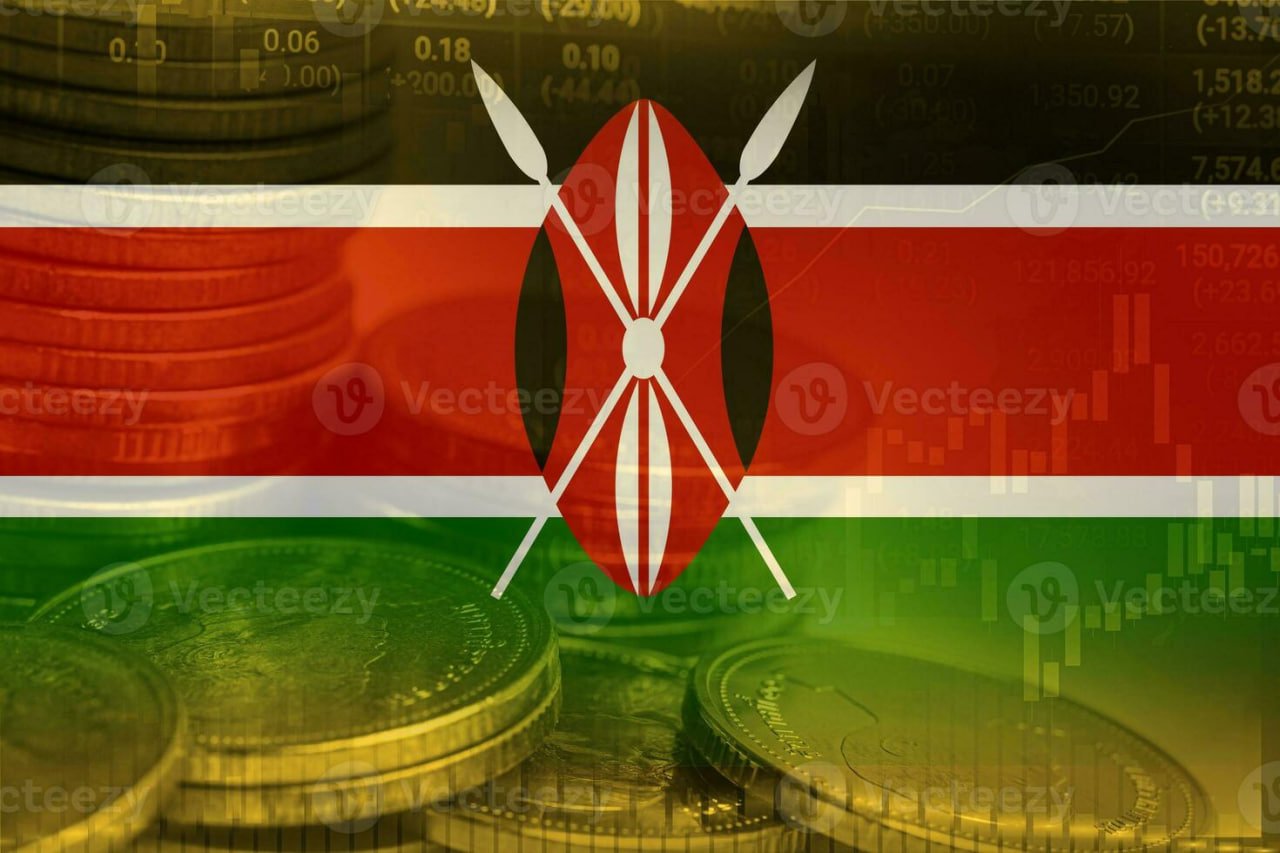The World Bank has warned that about 139 million Nigerians are now living in poverty, despite early gains from economic reforms aimed at stabilising Africa’s largest economy. The bank cautioned that without urgent action to link reform success to social welfare, Nigeria risks losing the momentum of its current stabilisation phase.
Speaking in Abuja at the launch of the October 2025 Nigeria Development Update (NDU) titled “From Policy to People: Bringing the Reform Gains Home,” the World Bank Country Director for Nigeria, Mathew Verghis, said the government’s reforms in foreign exchange and petroleum subsidy policies are “foundational” and could reshape the nation’s economic trajectory if sustained.
“Over the last two years, Nigeria has commendably implemented bold reforms, notably around the exchange rate and the petrol subsidy,” he said. “These are the foundations on which the country has the opportunity to build a programme that can transform its economic trajectory.”
Verghis likened Nigeria’s current reform window to the historic liberalisation in India in the early 1990s, warning that such rare opportunities “must be seized decisively or risk being lost.” The NDU, a biannual flagship report, reviewed Nigeria’s economic trends, policy outcomes, and the challenges confronting its citizens amid inflationary pressures and weakening purchasing power.
According to Verghis, macroeconomic indicators have begun to show improvement. “Growth is picking up, revenues have risen, debt indicators are improving, the foreign exchange market is stabilising, reserves are climbing, and inflation is gradually easing,” he noted. “These results are exactly what you need to see in a stabilisation phase. These are big achievements, and many countries would envy them.”
However, the World Bank chief stressed that the positive macroeconomic data has not translated into better living conditions for ordinary Nigerians. “Despite these stabilisation gains, many households are still struggling with eroded purchasing power,” he said. “In 2025, we estimate that 139 million Nigerians live in poverty.” That marks a steep rise from 129 million in April 2025 and 87 million in 2023, reflecting the deepening hardship among households despite ongoing reforms.
The report identified three urgent priorities to ensure the benefits of policy changes reach the people: reducing inflation, using public resources more efficiently, and expanding social protection coverage for vulnerable citizens. Verghis emphasised that tackling food inflation must be central to Nigeria’s recovery strategy, warning that high food costs could erode public support for reforms and slow recovery. “Persistent differences between Nigeria’s inflation rate and those of its trading partners will put pressure on the exchange rate and create a vicious cycle,” he said.
While commending the Central Bank’s “tight, data-driven” monetary policy and the federal government’s fiscal restraint, Verghis said these measures alone were not enough to bring inflation down swiftly. He urged complementary structural reforms in agriculture, logistics, and market systems to address “deep-seated inefficiencies in food production and distribution.”
The World Bank also called for stronger public financial management to ensure every naira spent delivers measurable development outcomes. It urged the expansion of the national social safety net to protect the poorest Nigerians from the adjustment pains of economic reforms.
Verghis reaffirmed the World Bank’s commitment to supporting Nigeria through policy advice, financing, and technical assistance but stressed that “success will depend on sustained political will and inclusive dialogue.” The report’s launch gathered senior government officials, development partners, and business leaders for discussions on ensuring that macroeconomic stability translates into improved livelihoods.
“The challenge is clear,” Verghis said. “To translate the gains from the stabilisation reforms into better living standards for all. These are not abstract ideas but practical steps that can turn macro stability into better livelihoods.”





















